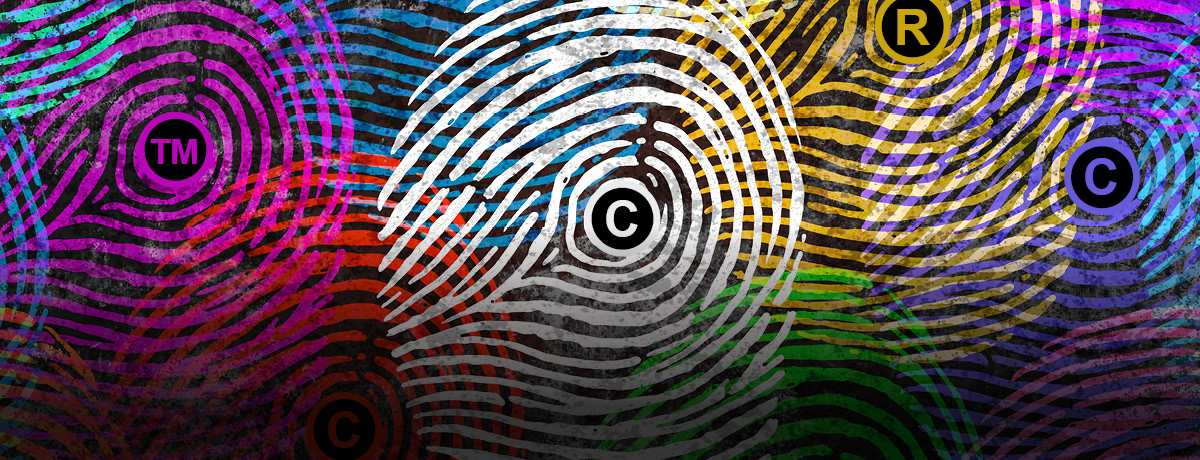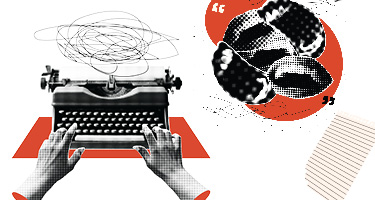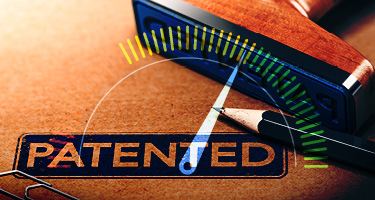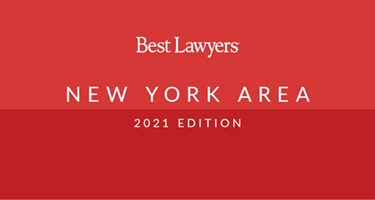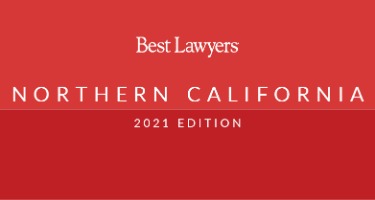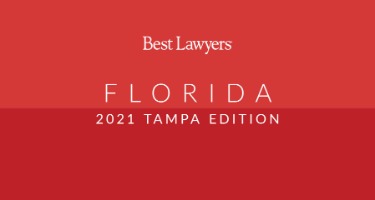In the midst of the pandemic, the number of entrepreneurs starting their own business reached a 13-year high, according to Business Insider. As people searched for work-from-home and flexible career paths, the choice seemed obvious to some.
According to U.S. Census Bureau data, applications for employer identification numbers (EIN), what entrepreneurs need to have to start a business, reached more than 4.4 million applications in 2020, a steep increase from the more than 3.4 million applications in 2019.
In addition to obtaining their EIN, entrepreneurs need to be prepared to secure their intellectual property. The three main different types of intellectual property are copyright, trademark and patent.
Trademark law protects logos, company names and phrases that identify goods or services sold in commerce. Copyright law protects works such as music, art, books, articles, software, movies, etc. Patent law protects inventions. Each of these types of intellectual property protect different types of rights.
The name and enterprise of your business could be trademarked if it meets certain restrictions and requirements. Trademarking the name and logo of your business informs others that you are selling goods or services under that name and logo. This prevents other businesses from confusing the public by using your name and logo to sell their goods or services.
A well-known example of a trademark and logo is Chevrolet® and the Bowtie. You could not manufacture your own cars and sell them using Chevrolet® or Bowtie logos without violating trademark laws. There is no limit on how long you can have a trademark, but you must file a statement with the U.S. Patent and Trademark Office every so often to keep it active.
If your business creates artwork such as posters or paintings, you already have an automatic copyright on those works of art. However, to fully prevent others from infringing on your works of art, you should register them with the Library of Congress. You could also copyright your company’s logo so you could prevent others from selling them as works of art, such as on T-shirts, without your authorization. A copyright lasts for the life of the author plus seventy years.
If you create useful inventions, such as car parts or systems, those may be patentable. Unlike trademarks and copyrights, the life of a patent is relatively short. A patent lasts for 20 years from the date you file for the patent. This gives you a 20-year monopoly on selling the invention, in exchange for disclosing in your patent application exactly how it is made to the public.
By the end of May 2021, the U.S. Census Bureau reported that more than 2.3 million applications were already filed for EINs. Entrepreneurs next steps should be to safeguard their intellectual property and protect their new businesses.
Todd joined Allison Harrison Law, LLC in 2018 and brings expertise in business, trademark, and bankruptcy law. His knowledge of trademark and bankruptcy law has proven integral to providing full service legal work to Allison Harrison Law LLC's clients. Todd works with clients to protect their intellectual property by filing trademark applications, responding to office actions, and sending cease and desist letters. Todd is also a seasoned litigator, appearing throughout Ohio and Michigan defending businesses. Todd is licensed in Ohio, West Virginia, the District of Columbia, and Michigan, as well as all federal Courts in Ohio and the Eastern District of Michigan. Todd is also licensed to practice in the United States 6th Circuit Court of appeals and the Supreme Court of the United States of America. Todd is a graduate of the University of Michigan-Flint and Ohio State University Law School. Todd was recognized in the 2021 edition of Best Lawyers: Ones to Watch for Bankruptcy and Creditor Debtor Rights / Insolvency and Reorganization Law.

